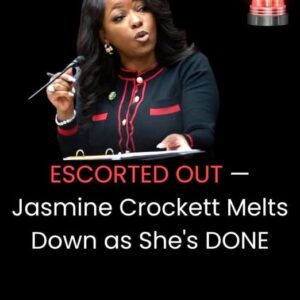The esteemed college of Harvard is facing a major decrease in early applications as the school navigates the tumultuous waters created by the backlash it has received in the face of some questionable stances on the Israel-Palestine conflict in Gaza. With multiple donors pulling their support from the school, this decline in early applications is just another sign of what will come should Harvard not get its house in order.
The class of 2028 is starting out with incredibly small numbers of early applications, seeing a 17% drop, according to The Federalist Papers. They posit that the school’s handling of antiemetic rhotic on campus is a major reason for the decline. Major universities like Harvard are receiving more scrutiny than ever as their large endowments face calls from Congress to be taxed.
This decline also came rather recently after the Supreme Court ruled to end affirmative action, a move that Harvard was vocally opposed to at the time. While it is unclear what issues may have caused a fall in early applicants, Harvard is definitely seeing this early warning sign as a reason to consider change.
Senator JD Vance spoke out against the endowments of large schools, calling out Harvard by name, as he fought to raise taxes against the massive sums of money that some universities keep in their coffers. A press release on his official website details his efforts.
Speaking about the issue, Vance said, “How is it that universities, that should be responsive to the public will, responsive to their donors and alumni, responsive to their students, how is it that they can go so far so fast without any pushback?
“And the answer, my fellow Americans, Mr. President, is university endowments, which have grown incredibly large on the backs of subsidies from the taxpayers, and they have made these universities completely independent of any political, financial or other pressure, and that is why the university system in this country has gone so insane.”
Vance goes on to describe that these massive university endowments, which approach $100 billion, allow the schools to act more as hedge funds than as institutions of higher learning. Therefore, Vance attempted to raise the paltry tax rate these funds are currently playing.
He explained the tax rate in simple terms, saying, “Right now they pay a tax that is less than 2 percent on their net income… far lower than any of the working class members of my own family, far lower than most Americans pay in taxes.” That remains the main contention of Vance’s efforts, which so far have been blocked y the Democrat side of the Senate.
Whatever the outcome, it is clear that America’s institutions of higher learning are being scrutinized far more aggressively than they were in the past, both by legislators and by mainstream media outlets. While the war rages on for the minds of the next generation, the role that universities play is not being overlooked by either political party and those that align ideologically with one side.




